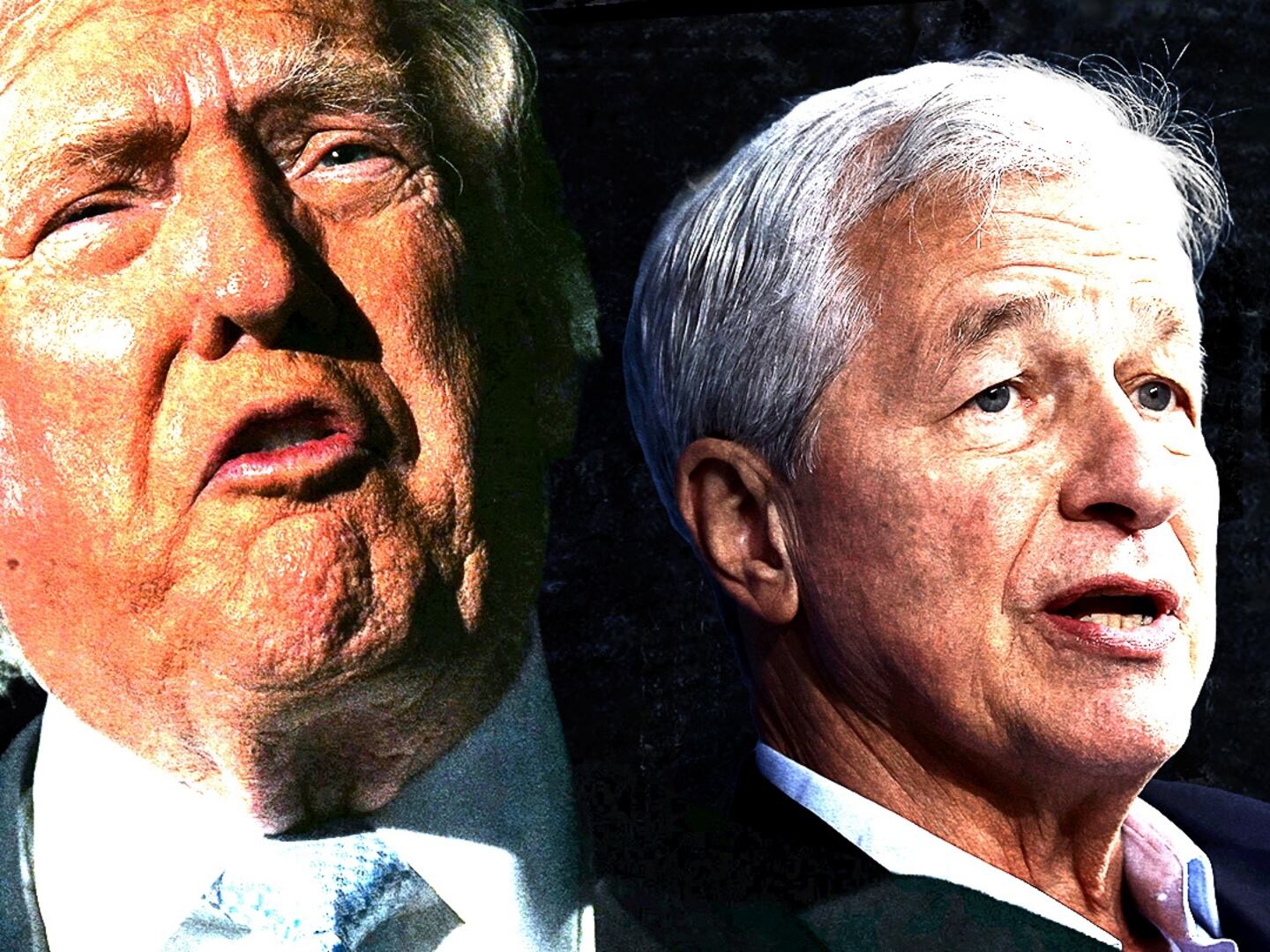President Obama may have intervened in Libya to protect innocent lives—but with wars ravaging countries around the globe, where will he draw the line? The president's powerful speech Monday raised more questions than it answered, argues Stephen Carter. Plus, more Obama speech reaction.
So, where are we going next? That is the most profound question raised by President Obama’s powerful defense tonight of his Libya policy. The argument he offered for intervening in a nation that has not attacked the United States can hardly be limited to this particular case.
Back in December 2009, in his Nobel address, President Obama insisted that morality justified outside intervention “to prevent the slaughter of civilians by their own government.” Most of those who read these lines probably dismissed them as a mere rhetorical flourish: When countries kill their own people, the rest of the world has a long history of wringing its collective hands. In his speech on Libya tonight, however, the president made clear that he meant what he said in Oslo:
There will be times, though, when our safety is not directly threatened, but our interests and values are. Sometimes, the course of history poses challenges that threaten our common humanity and common security—responding to natural disasters, for example; or preventing genocide and keeping the peace; ensuring regional security, and maintaining the flow of commerce.
He went on to say: “In such cases, we should not be afraid to act—but the burden of action should not be America’s alone. As we have in Libya, our task is instead to mobilize the international community for collective action.”
President Obama has sketched a remarkably broad military mission for the world to undertake, at the very moment when the world is finding it expedient to cut military budgets.
Now, what Muammar Gaddafi has undertaken in Libya does not meet the definition of a genocide, but he certainly has been killing innocent people in his own country—probably by the thousands. Evidently taking his cue from speeches given by Presidents George H.W. and George W. Bush to justify their interventions abroad, President Obama listed, right at the top of his address, the horrible acts committed by the Gaddafi regime. The United States, said Obama, cannot “turn a blind eye to atrocities in other countries.” He added: “As president, I refuse to wait for the images of slaughter and mass graves before taking action.” This was evidently an oblique reference to the intervention in Bosnia, which, earlier in his speech, he had implicitly criticized, on the grounds that a year of genocide preceded the American-led intervention.
But Bosnia helps illustrate the problem. As Obama’s adviser Samantha Power has pointed out, there is no American tradition of intervening to prevent genocide or slaughter. NATO bombed, much too late. We did nothing whatsoever to stop the slaughter of perhaps a million Tutsi in Rwanda. Today, we have not gone to war with Sudan to stop the genocide in Darfur. True, as the president pointed out, it is not possible for the United States to be everywhere. The question is whether he adequately made the case that Libya (rather than, say, Darfur) is the right place to use our military might on the side of those being killed.
• More Daily Beast writers on Obama’s Libya speech
My repeated references to the United States military may seem puzzling, given that, as the president noted, command of the Libya operation has been handed over to NATO. But, as I have pointed out in this space before, it is not clear how long NATO can handle the mission. Indeed, the organization is in the midst of a significant retrenchment, going under the Orwellian name “Smart Defense.” The new policy is aimed at figuring out, in the words of Secretary General Anders Fogh Rasmussen, “how NATO can help nations to build greater security with fewer resources.” Note the use of the word help—not the word defend.
The point is that President Obama has sketched a remarkably broad military mission for the world to undertake, at the very moment when the world is finding it expedient to cut military budgets. Even the U.S., which spends more than 40 percent of all the money spent on defense in the world, has found itself stretched. When we decided to lead the attack on Libya, for example, we dispatched one of the Navy’s precious command ships. We only have two, and they are decades old. (Two more were on the drawing board, but have been canceled: budget cuts.)
And yet our military might continues to dwarf that of the rest of NATO combined. Over the long run, the world is unlikely to be able to handle the responsibility President Obama has handed it. This in turn leads to the unspoken moral issue with which we might one day have to deal: What should we do when the world thinks we are wrong? After all, the president cannot possibly have been arguing that what Gaddafi is doing to his people is outrageous because the rest of the world is outraged. That would amount to allowing others to decide what is immoral, transforming Obama’s admirable policy to one of following rather than leading.
The president emphasized, quite properly, the breadth of the coalition that is fighting this war; he reminded us that the coalition is enforcing a United Nations resolution. But suppose there were no coalition. Suppose there were no resolution. And suppose the president of the United States nevertheless believed that intervention in another nation was necessary to stop a slaughter.
Would we do it?
Stephen L. Carter is the William Nelson Cromwell Professor of Law at Yale, where he has taught since 1982. His seven nonfiction books include God’s Name in Vain: The Wrongs. His first novel, The Emperor of Ocean Park (2002), spent 11 weeks on the New York Times bestseller list. His twelfth book, The Violence of Peace: America’s Wars in the Age of Obama, was published by Beast Books in January.






